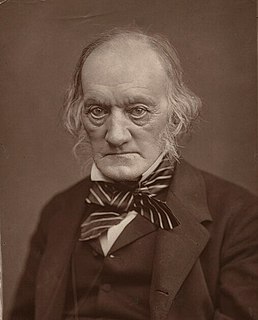A Quote by Rush Limbaugh
With every innovation that has happened, we somehow, our country, our society has found jobs and a means of income for people who have been aced out. And it happens a lot with innovation, technological and otherwise. And people do prove adaptive.
Related Quotes
Prosperity in human society is misunderstood. The difference between a rich and poor society is the number of problems that society solves for its citizens. That means technological innovation is the source of all prosperity, but with every tech innovation, you also get disruption - ultimately, social and civic disruption.
Both SOPA and PIPA are toxic. My view is that anyone who supports these bills either doesn't understand what they are supporting or is simply no friend of innovation. And, if you are no friend of innovation, I can't support you in any way, as innovation is the lifeblood of our economy, our country, and what I've dedicated my life to.
The paramount doctrine of the economic and technological euphoria of recent decades has been that everything depends on innovation. It was understood as desirable, and even necessary, that we should go on and on from one technological innovation to the next, which would cause the economy to "grow" and make everything better and better. This of course implied at every point a hatred of the past, of all things inherited and free. All things superceded in our progress of innovations, whatever their value might have been, were discounted as of no value at all.
Leapfrog innovation - consistent, constant, ridiculous leapfrog innovation - only happens within a dictatorship. Any time you try to do something really innovative, most people aren't going to understand it until after they experience it. So when you're developing in innovation, you have to be a dictator.
Intellectual-property rules are clearly necessary to spur innovation: if every invention could be stolen, or every new drug immediately copied, few people would invest in innovation. But too much protection can strangle competition and can limit what economists call 'incremental innovation' - innovations that build, in some way, on others.



































